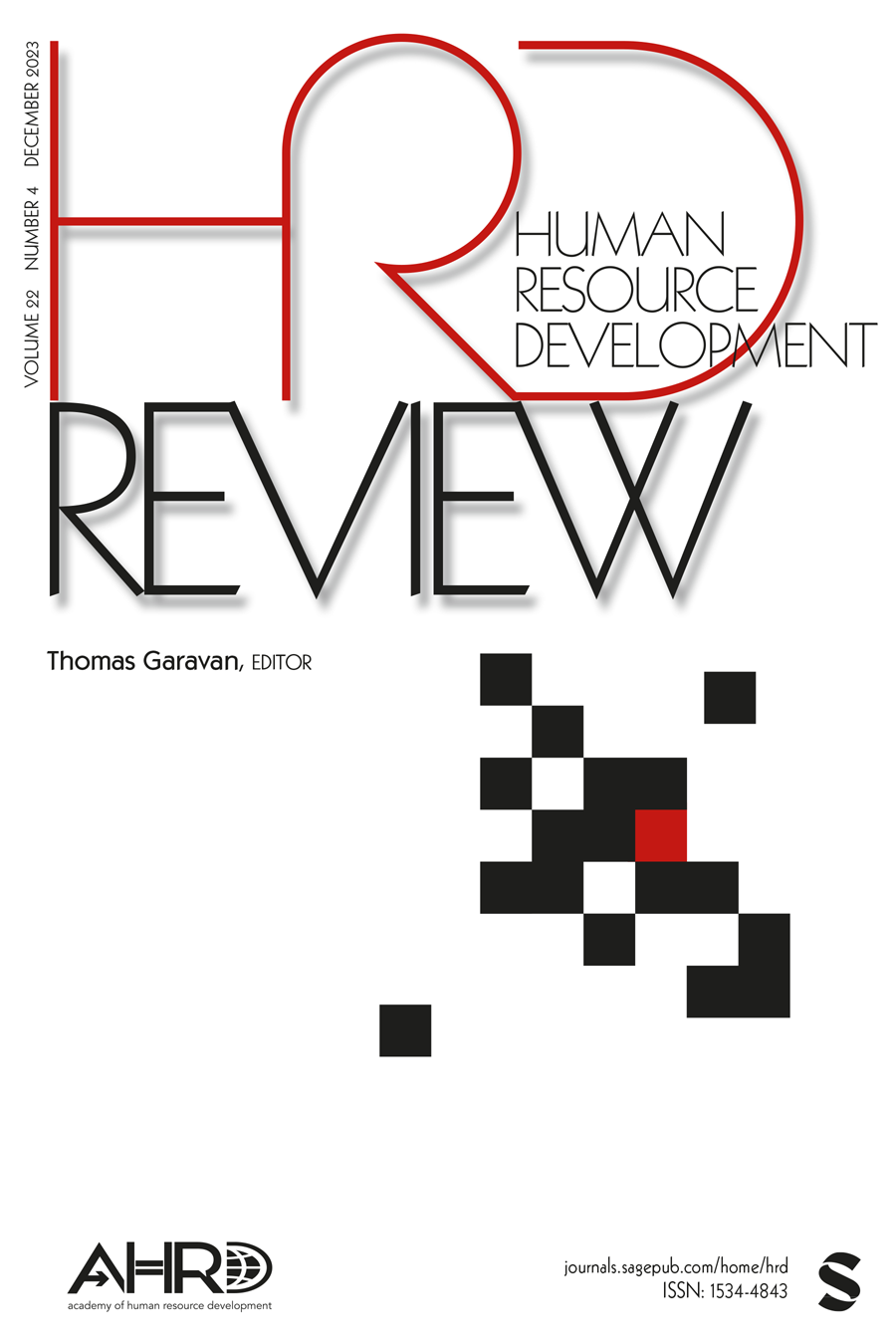Learning-Oriented Leadership in Organizations: An Integrative Review of Qualitative Studies
IF 4.6
3区 管理学
Q1 MANAGEMENT
引用次数: 0
Abstract
Recent societal challenges highlight the importance of learning in organizations. Nurturing employee learning requires leaders who prioritize learning-oriented leadership. While many studies have used qualitative methods to study how this leadership is performed in daily work, there have been no previous attempts to synthesize this body of research. This paper presents a framework based on a review of 38 qualitative papers on how leaders facilitate workplace learning. The framework identifies two elements of leadership: direct leadership behaviors, which involve supporting, educating, making demands, and role modelling, and indirect leadership behaviors, which facilitate learning through building a learning climate, influencing work organization, freeing up resources for learning, and encouraging knowledge dissemination. The review finds that situational factors shape learning-oriented leadership, and that this leadership involves the deployment of activities located on a planned-spontaneous continuum to facilitate learning. Longitudinal studies across professional groups and contexts will deepen our understanding of this concept.组织中以学习为导向的领导力:定性研究综述
最近的社会挑战凸显了学习在组织中的重要性。培养员工的学习能力需要以学习为导向的领导力。虽然许多研究都采用了定性方法来研究如何在日常工作中发挥这种领导作用,但以前还没有人尝试过对这些研究进行综合。本文在对 38 篇关于领导者如何促进工作场所学习的定性论文进行回顾的基础上,提出了一个框架。该框架确定了领导力的两个要素:直接领导行为,包括支持、教育、提出要求和树立榜样;间接领导行为,通过营造学习氛围、影响工作组织、释放学习资源和鼓励知识传播来促进学习。综述发现,情境因素决定了以学习为导向的领导力,这种领导力涉及在计划-自发的连续统一体中部署活动,以促进学习。跨专业团体和环境的纵向研究将加深我们对这一概念的理解。
本文章由计算机程序翻译,如有差异,请以英文原文为准。
求助全文
约1分钟内获得全文
求助全文
来源期刊

Human Resource Development Review
MANAGEMENT-
CiteScore
9.60
自引率
17.20%
发文量
35
期刊介绍:
As described elsewhere, Human Resource Development Review is a theory development journal for scholars of human resource development and related disciplines. Human Resource Development Review publishes articles that make theoretical contributions on theory development, foundations of HRD, theory building methods, and integrative reviews of the relevant literature. Papers whose central focus is empirical findings, including empirical method and design are not considered for publication in Human Resource Development Review. This journal encourages submissions that provide new theoretical insights to advance our understanding of human resource development and related disciplines. Such papers may include syntheses of existing bodies of theory, new substantive theories, exploratory conceptual models, taxonomies and typology developed as foundations for theory, treatises in formal theory construction, papers on the history of theory, critique of theory that includes alternative research propositions, metatheory, and integrative literature reviews with strong theoretical implications. Papers addressing foundations of HRD might address philosophies of HRD, historical foundations, definitions of the field, conceptual organization of the field, and ethical foundations. Human Resource Development Review takes a multi-paradigm view of theory building so submissions from different paradigms are encouraged.
 求助内容:
求助内容: 应助结果提醒方式:
应助结果提醒方式:


